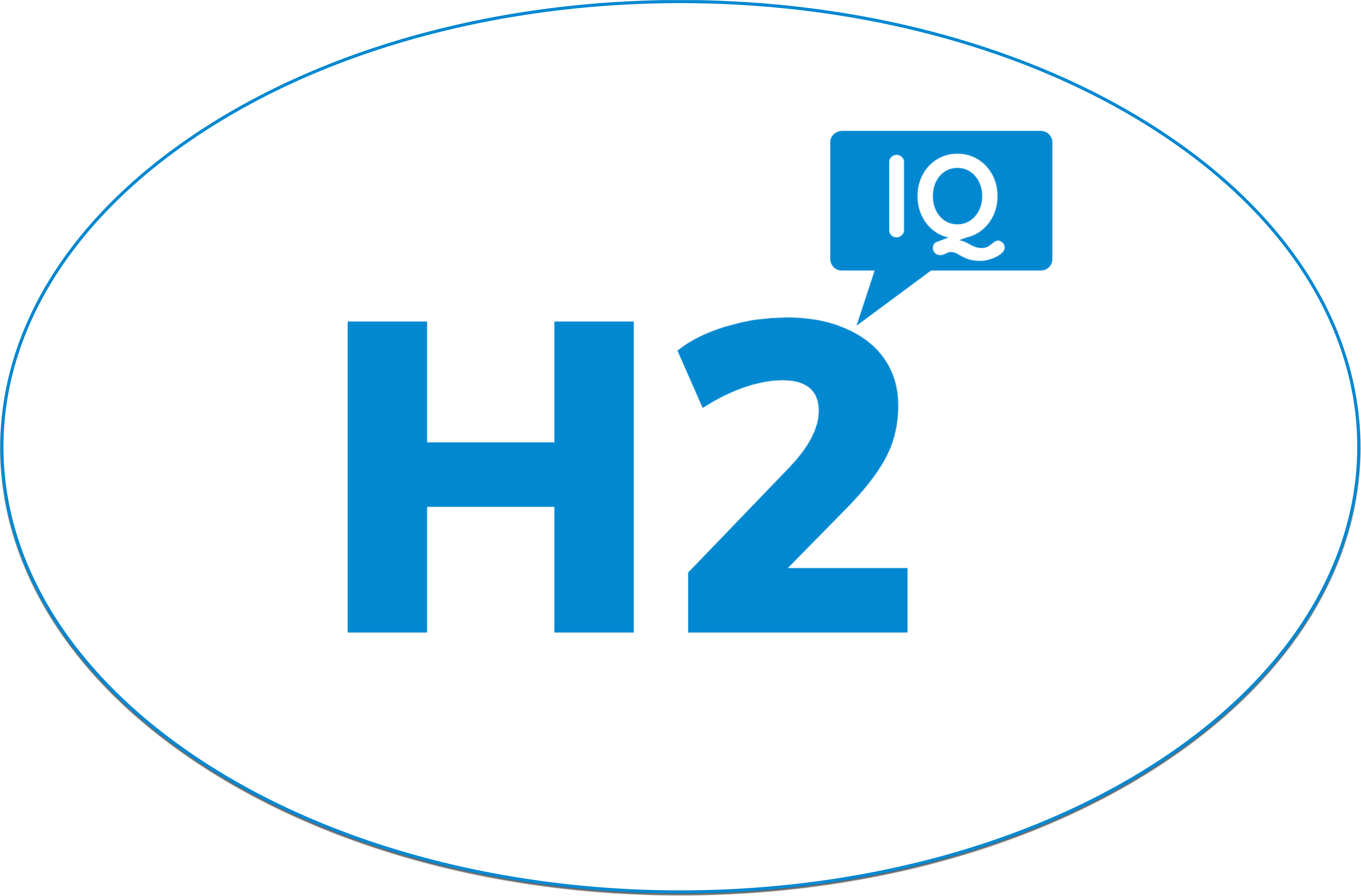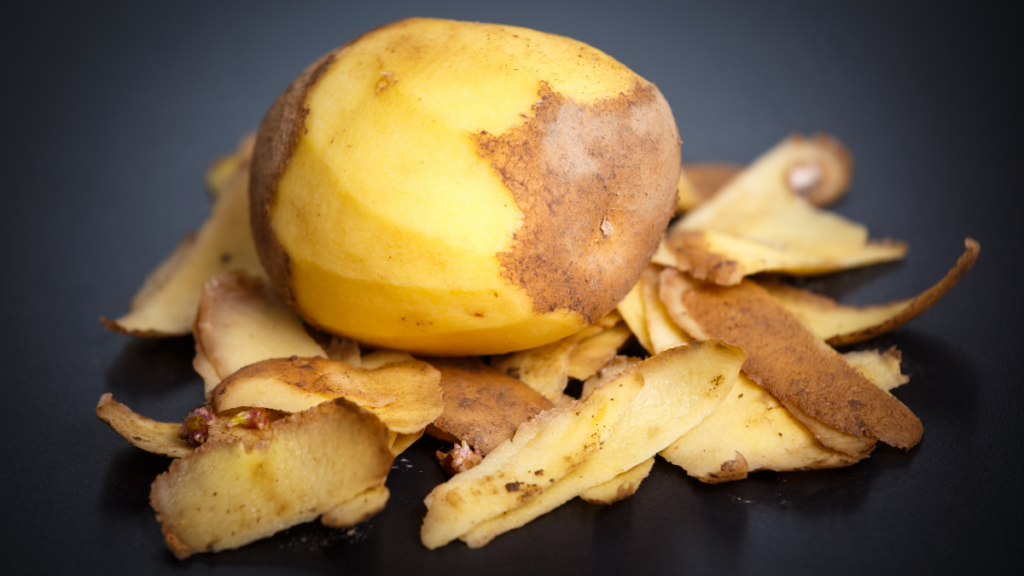
Researchers at UPEI are looking for new ways to produce hydrogen to replace fossil fuels and combat the impacts of climate change.
One project is working to extract hydrogen from waste products, including sawdust, potato peelings and an invasive aquatic species called tunicate.
The potato idea has captured a lot of interest, coming from a province that is known for its spuds.
Yulin Hu is an assistant professor in the Faculty of Sustainable Design Engineering at UPEI.
“I always feel like climate challenge is a big issue, and most of the CO2 emissions come from fossil fuels,” Hu said.
“But fossil fuels are used a lot in our daily life. So one of the solutions for us is that if we could use some of the low waste biomass from our daily life, and then be able to replace the products made from the fossil fuel.”
Potato waste
Moving to P.E.I. inspired Hu to look for local waste products, including potatoes and tunicate, an invasive species that plagues the mussel industry on the Island.
“I started to realize the potato industry is a very big part of the province, and when you are processing the potato you’re going to generate a lot of the waste,” Hu said.
“So we started doing the simulation of using the potato waste to produce the hydrogen. And the simulation results can tell us that actually the potato waste is really promising.”
Hu said the project received funding of $142,500 over five years in the form of a Natural Science and Engineering Council of Canada (NSERC) discovery grant.
That will fund a move from the simulation to building a machine that will actually test the potato waste as a fuel source…





